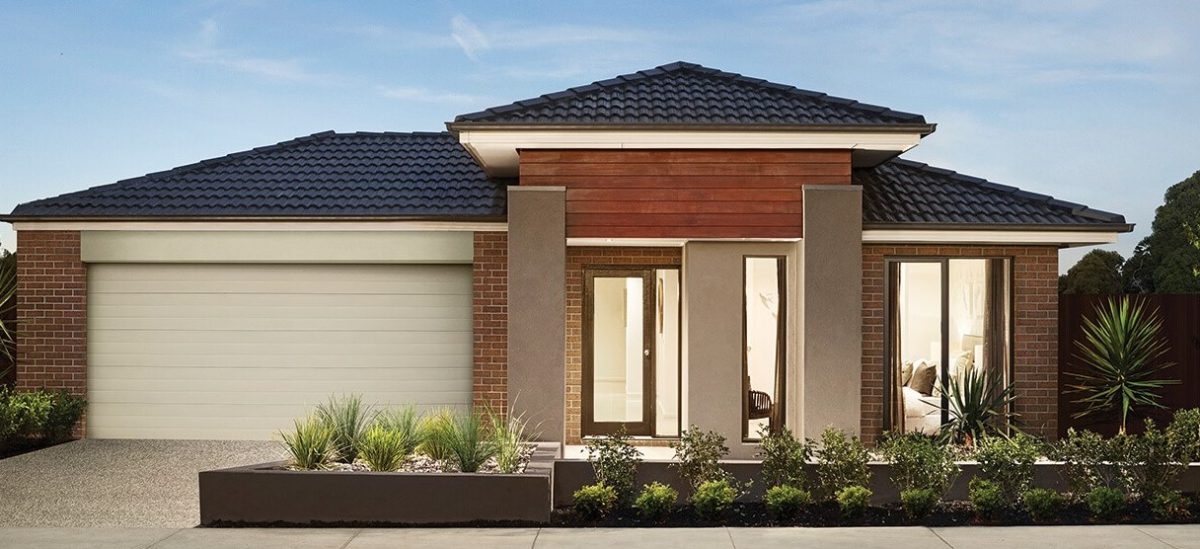Our mission is to make the benefits of property investment available to everyone.
When you’re with Metrolinx, you are buying like a professional. You’ll have all the knowledge and tools you require. We do all the hard work for you: researching market trends and suburbs; sourcing properties and more.
You get the best advice, a sound investment plan to meet your investment goals, and access to investment properties before they reach the open market, providing huge potential savings.
If there is a secret to success in property investment it is simply this… “Buy well”. You’ll discover everything we do is built around this simple principle. We make sure you buy well for your circumstances; relative to the market; and for your future. Buying the right property, in the right street, in the right suburb can be the difference between a good investment and an average one.
Building wealth with an investment property portfolio can be far easier than you think. Discover the simple steps you can use to completely replace your annual salary with rental income.
What to consider when buying an investment property
Once you have a property in mind, compare the income you expect to your outgoing expenses. If there is a shortfall, consider whether you can cover it long-term. Also, work out whether you could cover all expenses short-term if you had no tenants for a while.
Research the property market to decide how to get an investment property. Where and what you buy will affect your return on investment.
Where to buy
- Areas you’re familiar with will take time to research.
- Look for areas with high growth, higher rental yield and low vacancy rates.
- Find out about proposed planning changes in the suburb that may affect future property prices.
What to buy
- Look for properties with appealing features like a second bathroom, a garage and access to schools, shops and transport.
- Consider maintenance costs based on property type, age and features.
Property investment is often seen as being less risky than other forms of investment. However, while it may seem more straightforward, there are pitfalls to be aware of. Here’s what you need to consider about investing in property.
- Property can be less volatile than shares or other investments.
- You earn rental income if the property is tenanted.
- If your property increases in value, you will benefit from a capital gain when you sell.
- You can offset most property expenses against rental income, including interest on any loan used to buy the property.
- You are investing in something you can see and touch.
But you do need to consider:
- Rental income may not cover your mortgage payments and other expenses.
- A rise in interest rates will mean higher repayments and lower disposable income.
- There may be times when you have to cover the costs yourself if you don’t have a tenant.
- f the property value goes down you could end up owing more than the property is worth.

